Malawi-Scholars-Reflect-on-First-Third-of-Ramadan-300x225.jpg" alt="On Islam" width="300" height="225" /> On Islam
Lilongwe, 14 Ramadhan 1436/1 July 2015 (MINA) – As one third of Ramadan has elapsed, scores of Malawi Muslims of diverse economic and social backgrounds have described the first ten days of the Holy month of Ramadan as time of mercy, reflection and spiritual renewal.
“The first few days of Ramadan are very crucial for me as a Muslim. They prepare to realize the task ahead of me. It is a time that makes me to realize what required of me as Muslim during the month of Ramadan,” Atupele Muluzi, Malawi’s Minister of Home Affairs and Internal Security, On Islam quoted by Mi’raj Islamic News Agency (MINA) as reporting.
“Ramadan is a month of extreme importance by its very virtue of being one of the most important five pillars of Islam.
“This is a month of fasting and reflection, thanking God, the Almighty for his blessings on us, but most importantly a month of repentance because God’s door of forgiveness is always open. Therefore, the first ten days set me on the journey towards forgiveness.”
Also Read: Myanmar Military Airstrike Hits Monastery, Killing 28 Displaced Civilians
Ramadan, the holiest month in Islamic calendar, kicked off in Malawi on June 18.
In Ramadan, adult Muslims, save the sick and those traveling, abstain from food, drink, smoking and sex between dawn and sunset.
Reflecting on the holy month, renowned Muslim commentator Sheikh Dinala Chabulika said the first ten days of Ramadan were days of mercy and striving for humility.
“The first part of fasting accords me and indeed other Muslims an opportunity to be merciful towards ourselves and at those who are less fortunate,” he told OnIslam.net.
Also Read: Arakan Forces Impose Movement Restrictions on Rohingya in Maungdaw
“This is the time for us to pause and think without food and drink for the entire day, we can easily realize what we have given up and understand that in partaking in this sacrifice, we can hopefully better see all we have take for granted. We should have this sacred time to help us realize that too many people around the world suffer from senseless conflicts and violence,” Chabulika added.
“It is our collective mission to pursue justice and peace and to uphold the dignity of every human being. It is time to remember that the color of skin, religion, ethnic background or gender, are not to be used as weapons to oppress or persecute our innate human rights and responsibilities.”
Ramadan & Qur’an
Also Read: Arakan Association Trains Rohingya Students to Write News in English
Islamic Scholar and academician, Dr. Imran Shareef, who describes the first ten days of Ramadan as vital to any Muslim, said the first few days push him to draw closer to the Holy Qur’an to learn the teachings of the Prophet (Muhammad) on the essence of Ramadan and what it means to a believer.
“The teachings of the Prophet encourage me to move on with fasting despite enormous challenges I can encounter on my way to the last day. In the course of fasting, there are many challenges we face, but if we stick to the teachings of the Prophet, we are able to surmount all those challenges and move on as believing Muslims,” Shareef told OnIslam.net.
“The essence of Ramadan is that it is a month of humanist spirituality, hopefully elevating our minds, erasing selfishness from our hearts and enhancing our awareness of others. Every year, I’m amazed to find a new angle to see my surroundings through the lens of Ramadan. What we can achieve during the month of fasting is set in the first few days.”
Concurring with Shareef, Sidik Mia, one of the country’s greatest philanthropists, said the beginning of the month of Ramadan is a preparatory stage towards purification of his heart.
Also Read: Myanmar Military Attacks Ayeyarwady Villages: 9 Dead, 20 Wounded
“The first few days of Ramadan are very crucial to me as a Muslim. I’m prepared and my heart is purified, so that I should be ready to walk on a journey to get blessings which come about as a result of fasting. I get closer to God, through the Holy Quran,” Mia told On Islam.
Hashim Msusa, a Muslim writer newspaper columnist, said during the first ten days of fasting, he strengthens his resolve as a Muslim through prayers and by regularly reading the Holy Qur’an.
“This affords me an opportunity to learn what’s required of me in the month of Ramadan. People generally care for themselves and their families, but they often ignore the needs of others. Those who are rich don’t feel the pain and suffering of those who are hungry, homeless and living in poverty.
“But through fasting, we taste to some extent, the pain and suffering of those who are poor and destitute. Fasting teaches empathy and sympathy and it takes away some of our selfishness and elf centeredness. This is in t he spirit of piety,” Msusa told OnIslam.net.
Also Read: Indonesia-Saudi Arabia Seal $27 Billion Investment Deal During Prabowo’s Visit
Muslims dedicate their time during the holy month to be closer to Allah through prayers, self-restraint and good deeds.
It is customary for Muslims to spend part of the days during Ramadan studying the Noble Qur’an.
Many men perform i`tikaf (spiritual retreat), spending the last 10 days of the month exclusively in the mosque.
Ramadan, the Muslim holy month marked by daily fasting (no food and no water) from dawn to sunset, increased religious observance and self-reflection.
Also Read: Russia Officially Recognize Taliban Government in Afghanistan
Although Islam is a minority religion in Malawi with about 36% of the country’s 14 million population being Muslims, the month of Ramadan attracts the attention of all Malawians of diverse religious beliefs.
The month provides economic benefits to Malawians across the religious divide. (T/P006/R03)
Mi’raj Islamic News Agency (MINA)
Also Read: Health Ministry Reports 418 Indonesian Hajj Pilgrims Passed Away





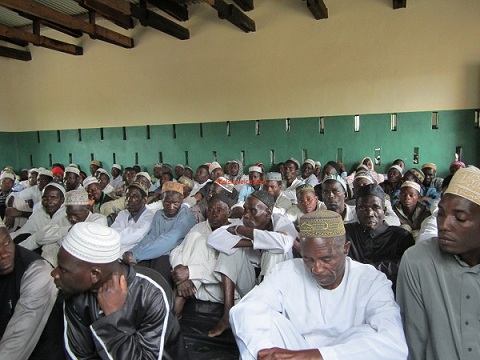

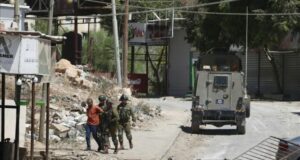
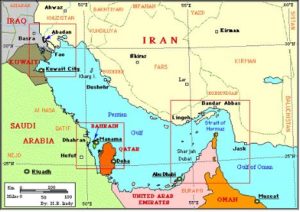
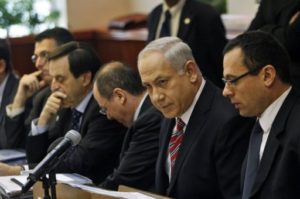
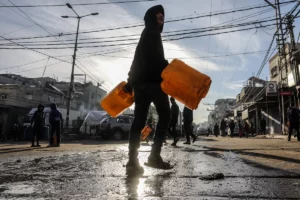
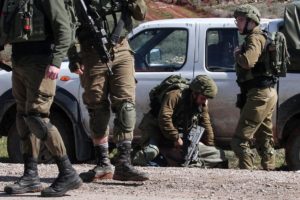
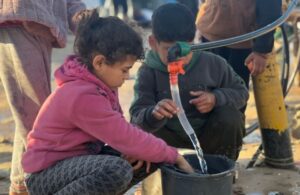
![Israeli tanks and APC’s gather by the Israeli – Lebanese border. Amid Israel’s escalating campaign against Hezbollah in Lebanon on September 30, 2024. [Erik Marmor/Getty Images]](https://en.minanews.net/wp-content/uploads/2024/10/IMG_20241001_203226-300x197.jpg)

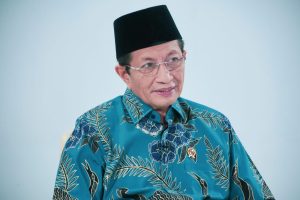

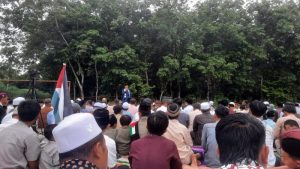
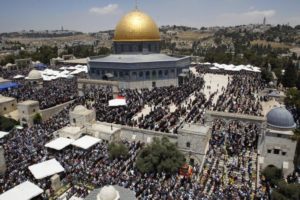
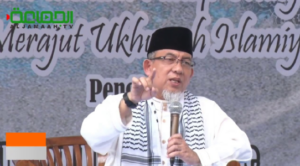
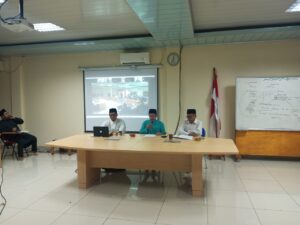






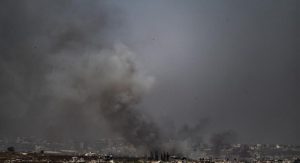



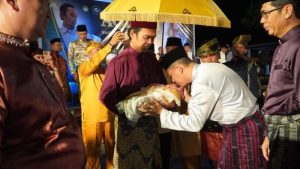
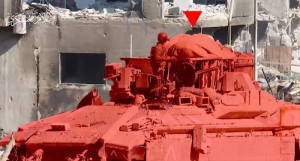



 Mina Indonesia
Mina Indonesia Mina Arabic
Mina Arabic